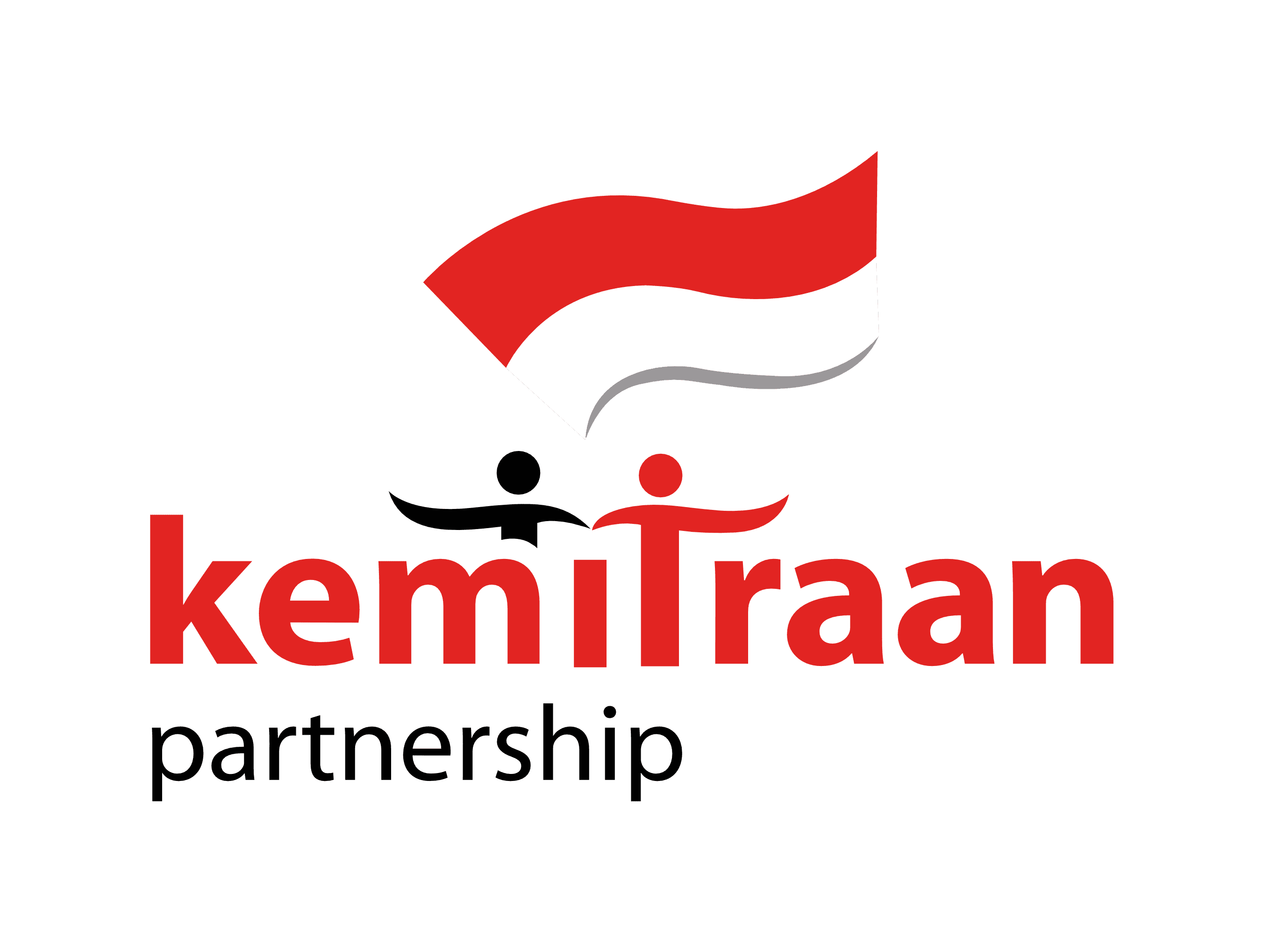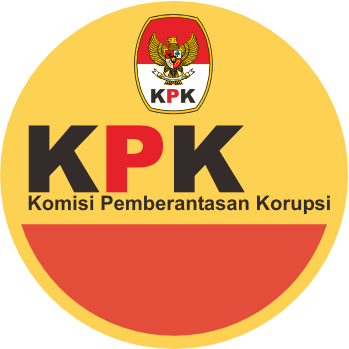Definition and scope
Environmental and social issues are very broad. Based on the lessons learned from programs and projects implemented by The Partnership, at least there are three major issues involved, namely biodiversity, forest protection and environmental services. These 3 entries exist in a particular landscape. Therefore, environmental sustainability, in this case, at least involves three environmental aspects. Pertaining to social sustainability, all project dimension has an impact on the social aspect of communities which must be managed properly in order to minimize negative impact on social life. In addition, the project or activity of The Partnership must include social inclusion, as The Partnership is mandated to promote equality and give special attention to marginalized groups.
Instruments used
The following instruments offer minimal mechanisms by the program/activity implementer to prevent the adverse effects of the program/activity on the environment and society. In terms of risk assessment finding other potential impacts that can not be addressed solely by implementing the following instruments, the implementer should develop other appropriate instruments that are relevant to objective conditions at the local level.
1. Mechanisms that can identify biodiversity and environmental services, including the identification of forms of utilization and value-added biological diversity, environmental services and community forests as well as
2. Instruments and policies to ensure the protection of biodiversity, environmental services on-site participatory activities
3. Instruments that accommodate local and indigenous knowledge to strengthen the protection of biodiversity and environmental services.
4. Mechanisms to encourage the availability of a comprehensive policy at the local level that connects natural forest landscapes that are still intact and the fragmented ones in a comprehensive and integrated management plan for the protection and management of the environment.
5. Provides risk prevention scenario at the site level, among others, forest fires, destructive logging, theft of forest resources
6. Identification of subsistence economy of scale to protect the public and preserve the forest resources. The identification is prepared in a participatory manner to ensure the balance between subsistence economies of scale and environmental sustainability.
Legal Foundation
The legal provisions here are to strengthen the protection of the environment and society in a variety of development policies. Partners should view this as a legal framework for a minimum prerequisite that must be complied with. In addition to these prerequisites, the above instruments become the main reference in the implementation of activities.
| Regulation | Content |
| Law No. 32 of 2009 on the Protection and Management of the Environment | The Environmental Law recognizes that a healthy environment is the right of all people. Therefore, the Environment Law set several steps to prevent environmental risk. Two of the several steps are AMDAL and UKL-UPL. AMDAL or EIA is an important study on the impact of a business and/or planned activities on the environment that is necessary for the decision-making process regarding business and/or activities (Article 1, point 11). Efforts to environmental management and environmental monitoring efforts, hereinafter called UKL-UPL, is the management and monitoring of operations and/or activities that do not have an important impact on the environment that is necessary for the decision-making process regarding business and/or activities (Article 1 number 12). AMDAL and UKL-UPL are mandatory for any programs and/or activities that have an important impact on the environment (Article 22 paragraph 1). There are two important aspects that must be considered in conducting the AMDAL. First, an important impact criteria, namely: a. the large number of residents who will be affected by the plan and/or activities; b. wide area affected; c. intensity and duration of the impact; d. various aspects of environmental components that will be affected; e. the cumulative nature of the effects; f. turning or irreversibility of the effects; and/or g. other criteria in accordance with the development of science and technology. Second, the criteria of programs and/or activities that have an important impact consist of a. changing the form of land and the landscape; b. exploitation of natural resources, both renewable and non-renewable; c. processes and activities that can potentially cause pollution and/or damage to the environment and waste of natural resources and a decline in utilization; d. processes and activities which may affect the natural environment, built environment, as well as the social and cultural environment; e. processes and activities which will affect the preservation of natural resource conservation and/or protection of cultural heritage; introduction of species of plants, animals, and microorganisms; g. the production and use of biological and non-biological materials; h. activities that have a high risk and/or affect the defence of the country; and/or i. the application of technology that is expected to have great potential to affect the environment. These criteria must be considered by the proponent. Consequently, if neglected, environmental permits are not granted. |
Environmental law regime provides a significant contribution to the principles related to environmental protection. The Constitution of the Republic of Indonesia 1945 and the regime of Law 32/2009 recognize the environment as a right of every individual. The right to a healthy environment including compliance with standards on environmental quality, pollution prevention and environmental destruction. In this regard, Law No. 32/2009 and its derivatives PP 27/2012 provide criteria for determining the significant impacts that have environmental implications and criteria for mandatory AMDAL activities. Therefore, as part of the preparation of this document, the proponent must prepare a feasibility study. It is set in PP 27/2012. Environmental Law regulates more strictly and firmly legal consequences if the proponent does not comply with the criteria and the impact of mandatory AMDAL activity. One consequence is the rejection or cancellation of environmental licenses. This resulted in the ineffectiveness of the program/activities proposed. According to the Environmental Law, mandatory AMDAL activities could not be implemented if it has no environmental permits.
Programs and activities shall not cause any negative impacts contained in the AMDAL list. Therefore, the identification of risk will help implement programs/projects to determine the scale of the environmental and social impact of an activity. These regulations constitute a general framework which should be referred to by relevant implementers which may have environmental and social consequences.
Minimum achievement List
1. Programs or activities provide positive benefits for environmental and social sustainability.
2. No harm to the environment and society is affected by the program/activities as listed in activities that have to go through AMDAL and are consistent with the principle of social inclusion.
3. The environmental and social aspect is evaluated in every stage of the project cycle.
4. Assessment report on the performance of environment and social safeguarding. As necessary, a project with high risk may include a mandatory audit of the environment and social aspects.






